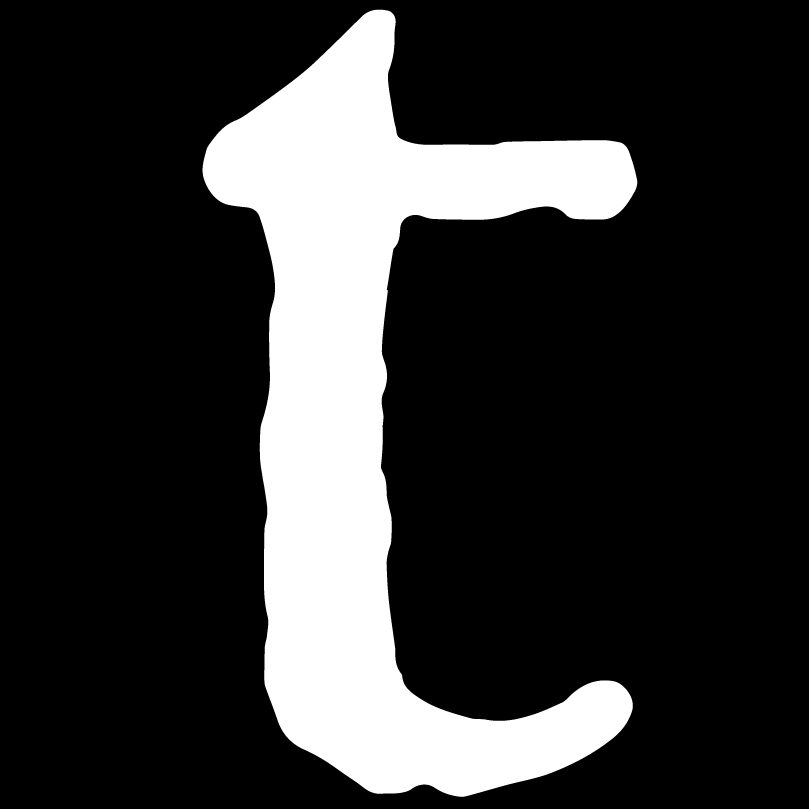
ISRAEL RENEWS AIR STRIKES ON GAZA !!!!
BBC News
Israeli jets have launched a second day of air attacks on the Gaza Strip, amid warnings that operations will continue until Hamas ends rocket fire from Gaza.
A Palestinian carries an injured victim amidst Israel's bombing of Gaza. (Photo: Yasser Saymeh / AFP / Getty Images)
Palestinians now say at least 280 people have died, while Israel is said to be considering a ground assault and has authorised the call-up of reserves.
At the UN, the Security Council called for an end to all violence in Gaza, including rocket attacks from Gaza.
Israel says militants have fired 110 rockets into Israel since Saturday.
The country's cabinet has authorised the call-up of reserve soldiers, with unconfirmed reports saying as many as 6,500 could be summoned for duty.
The air strikes were launched on Saturday against Hamas targets in the densely-populated coastal territory, less than a week after the expiry of a six-month-long ceasefire deal with the militant group.
Israel hit targets in all Gaza's main towns, including Gaza City in the north and Khan Younis and Rafah in the south.
More than 210 targets were hit in the first 24 hours of what Israel says could be a lengthy military operation.
"Israel will continue until we have a new security environment in the south, when the population there will not longer live in terror and in fear of constant rocket barrages," said government spokesman Mark Regev.
The high numbers of casualties made Saturday the single deadliest day in the Gaza Strip since Israel's occupation of the territory in 1967, analysts said, although no independent confirmation is available of the numbers killed.
Border Confusion
Most of those killed were policemen in the Hamas militant movement, which controls Gaza, but officials said women and children also died.
The head of Gaza's police was among those killed.
Up to 700 others were wounded as missiles struck security compounds and militant bases, the officials added.
The main hospital in Gaza City is reportedly struggling to cope, and Egypt has opened its border with Gaza at Rafah to let the injured seek treatment there.
But the Egyptian foreign minister has accused Hamas of not allowing injured Palestinians to leave Gaza to seek treatment, even though much-needed medical supplies are waiting at the nearby El-Arish airport.
In Israel, one person was killed, in the town of Netivot, some 20km (12 miles) east of Gaza, while there were reports of several Qassam rocket strikes early on Sunday.
Rockets landed in Ashdod, Israel's largest southern city - some 38km (23 miles) from Gaza - the deepest they have ever struck inside Israel, Israeli media said. No injuries were reported.
In Gaza, Palestinian officials said two people died when a mosque was hit on Saturday night
A BBC journalist in Gaza City said a Hamas-run security and prison compound was hit by at least three missiles on Sunday morning. Hamas said all of its security compounds in the strip were destroyed on Saturday.
"Time for Fighting"
At the UN, the Security Council ended emergency talks with a call for an end to hostilities, speaking of "serious concern" at the escalation of the situation in Gaza.
US ambassador Zalmay Khalilzad suggested Hamas held the key to restoring calm.
"We believe the way forward from here is for rocket attacks against Israel to stop, for all violence to end," he said.
He was implicitly backed up from Cairo by Palestinian Authority President Mahmoud Abbas - whose Fatah faction is a bitter rival of Hamas.
"We could have avoided what happened," Mr Abbas said, saying the Islamist group should have renewed the ceasefire before it lapsed.
The air raids came days after the truce expired and as Israel prepares for a general election in February.
Defence Minister Ehud Barak has explained the operation in stark terms, saying "the time has come to fight".
In response the exiled leader of Hamas, Khaled Meshaal, called for a new intifada, or uprising, against Israel, while the movement's Gaza leader, Ismail Haniya, called the attack an "ugly massacre".
International reaction to the bombing has been dominated by calls for restraint.
UN Secretary General Ban Ki-moon, Middle East envoy Tony Blair and the French EU presidency all called for a ceasefire.
The Israel-Hamas truce was regularly under strain and was allowed to lapse when it expired this month.
Hamas blamed Israel for the end of the ceasefire, saying it had not respected its terms, including the lifting of the blockade under which little more than humanitarian aid has been allowed into Gaza.
Israel said it initially began easing the blockade, but this was halted when Hamas failed to fulfil what Israel says were agreed conditions, including ending all rocket fire and halting weapons smuggling.
From 1967 Israel's military occupied the Gaza Strip and Jewish settlers built communities within the territory. Israel withdrew in 2005 but has maintained control of Gaza's borders.

